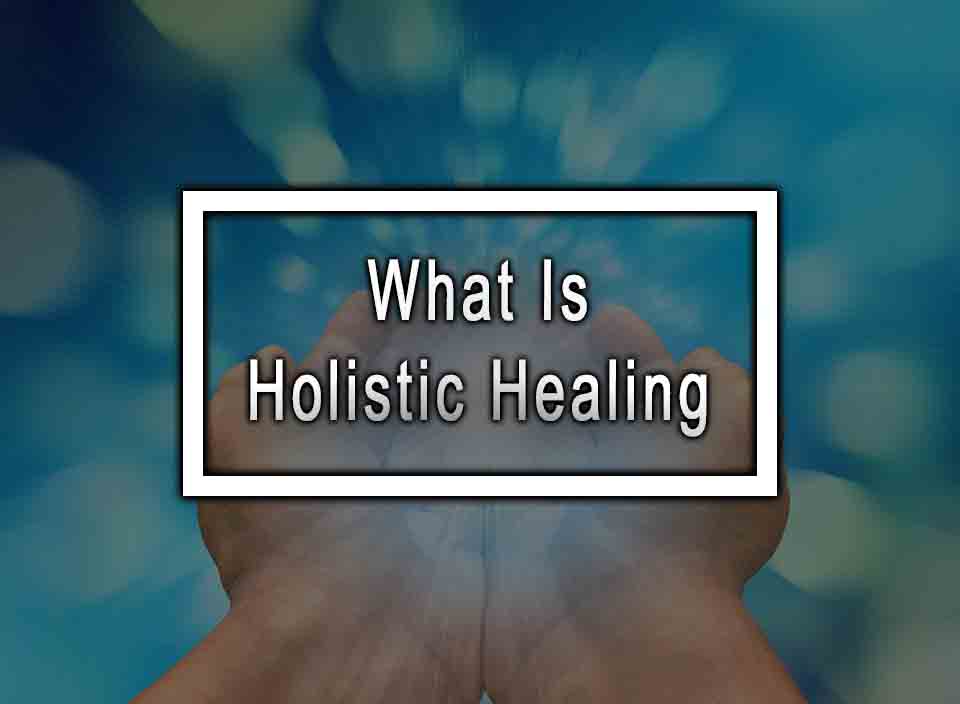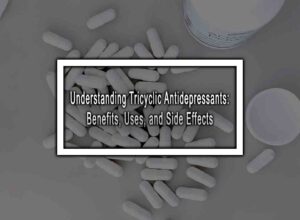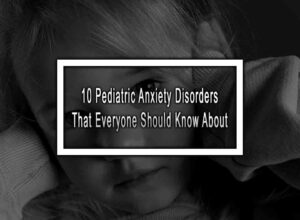Table of Contents
ToggleWhat is Holistic Healing, How It Works, and Benefits?
What is Holistic Healing? Holistic healing is not a new concept, but it is gaining popularity in recent years. The term “holistic” comes from the Greek word “holos,” which means whole or complete. Holistic healing is a form of healthcare that focuses on the whole person, as opposed to just treating specific symptoms or illnesses. It utilizes a combination of conventional and alternative therapies to address the physical, emotional, and spiritual aspects of a person’s health. In this article, we will discuss what holistic healing is, how it works, and its benefits.
Holistic healing is a healthcare approach that aims to treat the whole person, including their physical, emotional, and spiritual well-being. Unlike conventional medicine, which typically focuses on treating specific symptoms or illnesses, holistic healing considers the person as a whole and strives to find the root cause of the problem. It takes into account the individual’s lifestyle, beliefs, and environment.
What Is Holistic Healing? Holistic healing encompasses a range of therapies and practices, including acupuncture, chiropractic care, massage therapy, yoga, meditation, and herbal remedies. These treatments work together to strengthen the body’s natural defenses and promote healing.
Holistic healing is not a replacement for conventional medicine but rather a complementary therapy. It can be used in conjunction with conventional treatments to enhance their effectiveness and reduce side effects.
How does Holistic Healing work?
Holistic healing works by treating the whole person, rather than just addressing specific symptoms or illnesses. It recognizes that the physical, emotional, and spiritual aspects of a person’s health are interconnected and influence each other.
For example, chronic stress can manifest in physical symptoms such as headaches or fatigue. Holistic healing would address the root cause of the stress and provide therapies such as meditation or yoga to reduce stress levels and improve overall well-being.
Holistic healing also recognizes that each person is unique and requires an individualized treatment approach. It may involve a combination of therapies and practices tailored to the individual’s specific needs and goals.
Benefits of Holistic Healing
- Promotes Healing: Holistic healing focuses on addressing the root cause of the problem, rather than just treating symptoms. By addressing the underlying causes of illness, holistic healing promotes long-term healing and wellness.
- Reduces Side Effects: Conventional treatments, such as chemotherapy and radiation, can have serious side effects. Holistic healing therapies, such as acupuncture and massage, can reduce the side effects of conventional treatments and improve quality of life.
- Improves Overall Well-Being: Holistic healing focuses on treating the whole person, including their physical, emotional, and spiritual health. By promoting overall well-being, holistic healing can improve quality of life and prevent future illnesses.
- Provides Individualized Treatment: Holistic healing recognizes that each person is unique and requires an individualized treatment approach. By tailoring treatments to the individual’s specific needs and goals, holistic healing can achieve better results.
Conclusion
What Is Holistic Healing? Holistic healing is a healthcare approach that focuses on treating the whole person, including their physical, emotional, and spiritual well-being. It combines conventional and alternative therapies to promote healing and improve overall well-being. Holistic healing recognizes that each person is unique and requires an individualized treatment approach. It works by addressing the root causes of illness and promoting long-term healing. Holistic healing is not a replacement for conventional medicine but rather a complementary therapy. It can be used in conjunction with conventional treatments to enhance their effectiveness.
Holistic Healing FAQ
Here are the most common questions about what is holistic healing.
What are some common holistic healing practices?
Common holistic healing practices include acupuncture, meditation, yoga, massage therapy, aromatherapy, herbal medicine, and nutritional counseling.
Is holistic healing safe?
Holistic healing practices are generally safe when performed by a trained practitioner. It is important to research and choose a qualified practitioner to ensure the practice is safe and effective.
How does holistic healing differ from traditional medicine?
Holistic healing differs from traditional medicine in that it takes a holistic approach to healing, taking into account the person’s physical, emotional, mental, and spiritual needs, rather than just treating specific symptoms or illnesses.
Can holistic healing be used in conjunction with traditional medicine?
Yes, holistic healing can be used in conjunction with traditional medicine as a complementary approach to promoting overall health and well-being.
Is holistic healing covered by insurance?
Some holistic healing practices may be covered by insurance, depending on the specific practice and the insurance provider. It is important to check with your insurance provider for coverage options.
How long does holistic healing take to see results?
The time it takes to see results from holistic healing varies depending on the specific practice and the individual’s needs. Some people may see immediate results, while others may require ongoing treatment to see significant improvements in their health.
More like this: Metformin Side Effects












